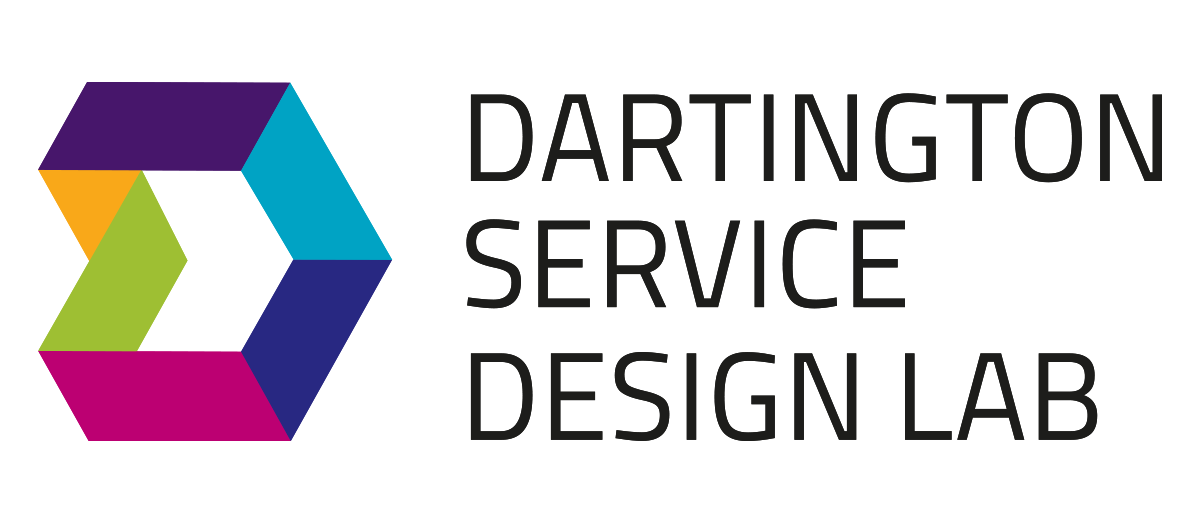Breaking down complexity into bite-size pieces
Vicky Baker | Associate
This summer saw the launch of our one-day introductory workshops on Systems Thinking Applied to Children’s Social Care in London and Manchester. These were aimed at introducing the concepts, methods and tools of systems thinking to decision-makers in local authority children’s services. The feedback we received was positive - but has helped us develop our thinking even further. So, what were the key takeaways for those who attended the sessions, what can future attendees expect, and where are we going from here?
Applying the tools to real local challenges
Attendees valued the chance to apply the tools and concepts of systems thinking to their local challenges and felt that Lab facilitators acting as critical friends helped illuminate these.
The local challenges ranged from the recruitment and retention of frontline staff and the management of experience within social work teams, to the increasing costs of placements for children with high needs, and the high rates of re-referrals into children’s social care. Attendees found that applying the ‘systems thinking’ concepts helped to generate new ideas and solutions to the local challenges they had identified. What’s more, the sessions provided attendees with the time and space they needed to connect and problem-solve with their colleagues – vital if local authorities are to avoid the pitfalls of echo chamber thinking and siloed decision-making.
Framing challenges in a new way
For many, the concepts of systems thinking were new and pushed them to consider challenges from a different perspective (or from multiple perspectives at once!). Two of the most useful concepts identified by attendees were understanding challenges and system behaviours as dynamic and changing over time, and the interconnected nature of their system and the challenges within it. Quite often, decision-making in local authorities can be reactive and crisis-driven, taking place too quickly to consider the patterns of behaviour or underlying drivers that might be contributing to challenges.
For a number of attendees, the workshops provided a new way of thinking which allowed space for the consideration of the potential unintended consequences of short-term “fixes” and how the causes and consequences of local challenges may change and impact upon other parts of the system over time. The era of linear theories of change is over; it’s time to embrace complexity, but not get lost in it!
Feedback from one of the participants on the day.
Addressing the challenges for us
Alongside the positive feedback, there were also a number of challenges for us to consider: Attendees reflected how helpful it was to have a variety of perspectives when applying systems thinking tools to their local challenges – but who and how many should be attending? How can attendees take these methods back to their colleagues, and how can changes in thinking be sustained beyond the introductory sessions? An overriding take-away is that you can’t fix all your problems in a day! Embracing complexity takes time and this introductory session is just the first step of many.
In response, we’ve been thinking about what the next stages of a systems thinking journey might look like, and how we might be able to help. Over the coming months we are extending our offer to local authorities who want to go deeper into systems thinking applied to children’s social care.
We’ll be running a next round of introductory workshops in a town near you, soon! These will be taking place this winter in Birmingham, Devon, Glasgow, and Newcastle. Register your interest now before spaces fill up.
For those authorities that are already introduced and engaged with the concepts of systems thinking, we can help explore the system with diverse stakeholders from across an authority to surface and prioritise key local challenges. In true systems style, identified challenges might not always be the most immediately obvious!
We would be looking to co-design strategies in ‘systemic problem-solving sprints’ to tackle the prominent key issues found in local systems, such as re-referrals and social worker recruitment and retention using bite-sized simulation models to help test and challenge assumptions. We would also like to bring authorities together on projects and facilitate peer-to-peer learning.
If all of this looks interesting and relevant, get in touch today.

